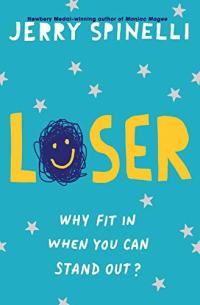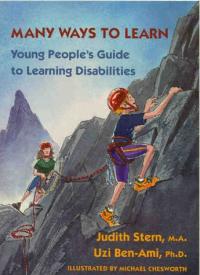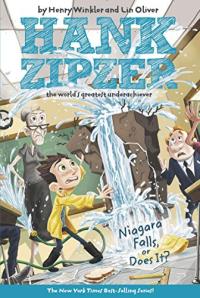
Legacy of the Blue Heron: Living With Learning Disabilities
A chance encounter with an unfortunate bird provides the springboard for Harry Sylvester’s marvelous reflections on confronting and conquering his learning disabilities. Legacy of the Blue Heron: Living with Learning Disabilities is a moving personal account of coping with learning disabilities by an individual with severe dyslexia who became an engineer, businessman, boat-builder, and president of the Learning Disabilities Association of America. This entertaining storyteller’s experiences lead to wise, common-sense advice for solving many problems faced by students, parents, and educators.








